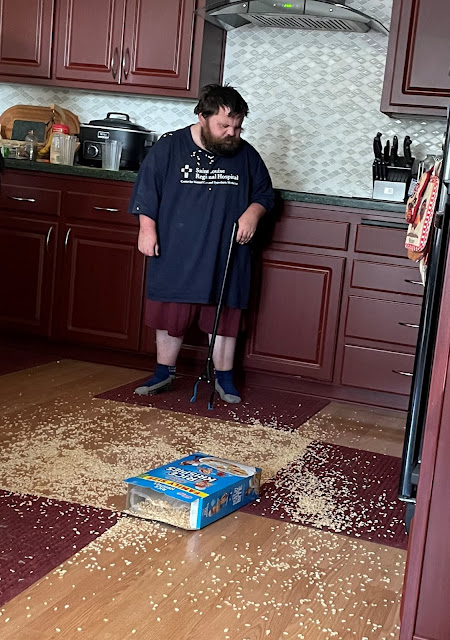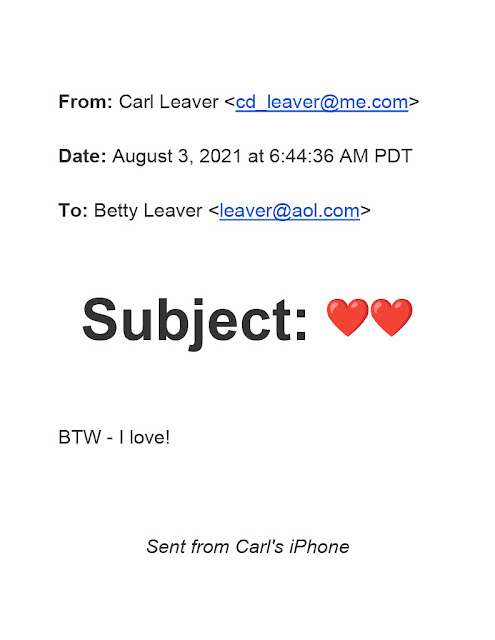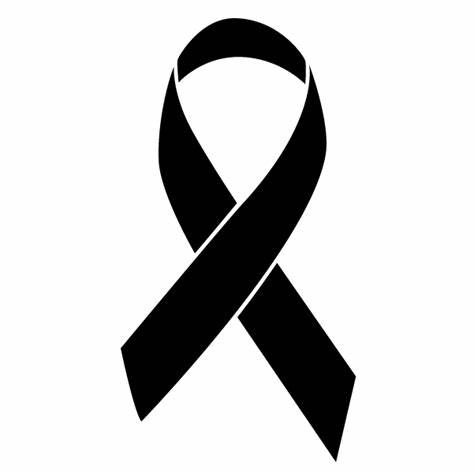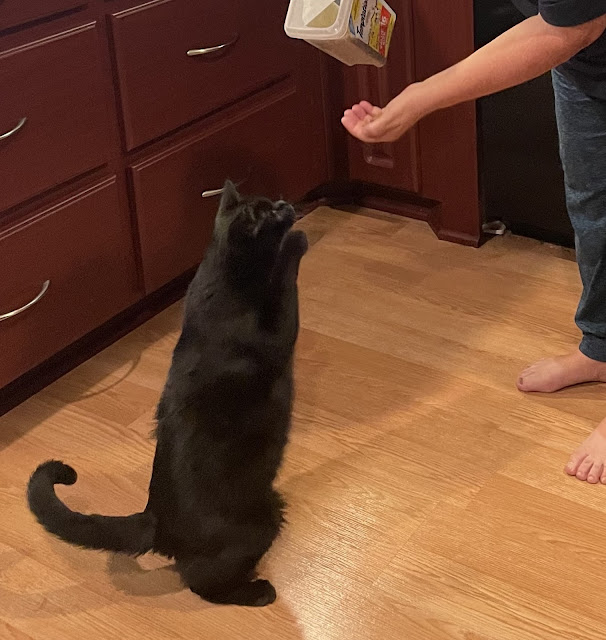Cancer Diary: The Spouse As Caregiver Dilemma

Times were tense. I was caregiving for my husband, dying from cancer and on chemotherapy that required multiple trips a week to a distant hospital, my spina bifida daughter in a city a half-hour away who had lost her caregiver during the days of covid, and a CHARGE Syndrome adult son living at home -- and trying to run a business at the same time. The son tried to help out as best he could with his own care, but he did not always have the skills to do so. To wit, the scene above that ensued when he tried to help out by making his own breakfast -- one that at least brought a moment of levity into a too-tense life. Speaking from personal experience, the spouse (in this case wife, but it really does not much which spouse is pressed into the role) who ends up as the caregiver for a cancer patient is in a no-win situation, emotionally and physically. The role of spouse is to support the spouse and to navigate through life together, IMHO. That complicates the matter of caregiving. The two








